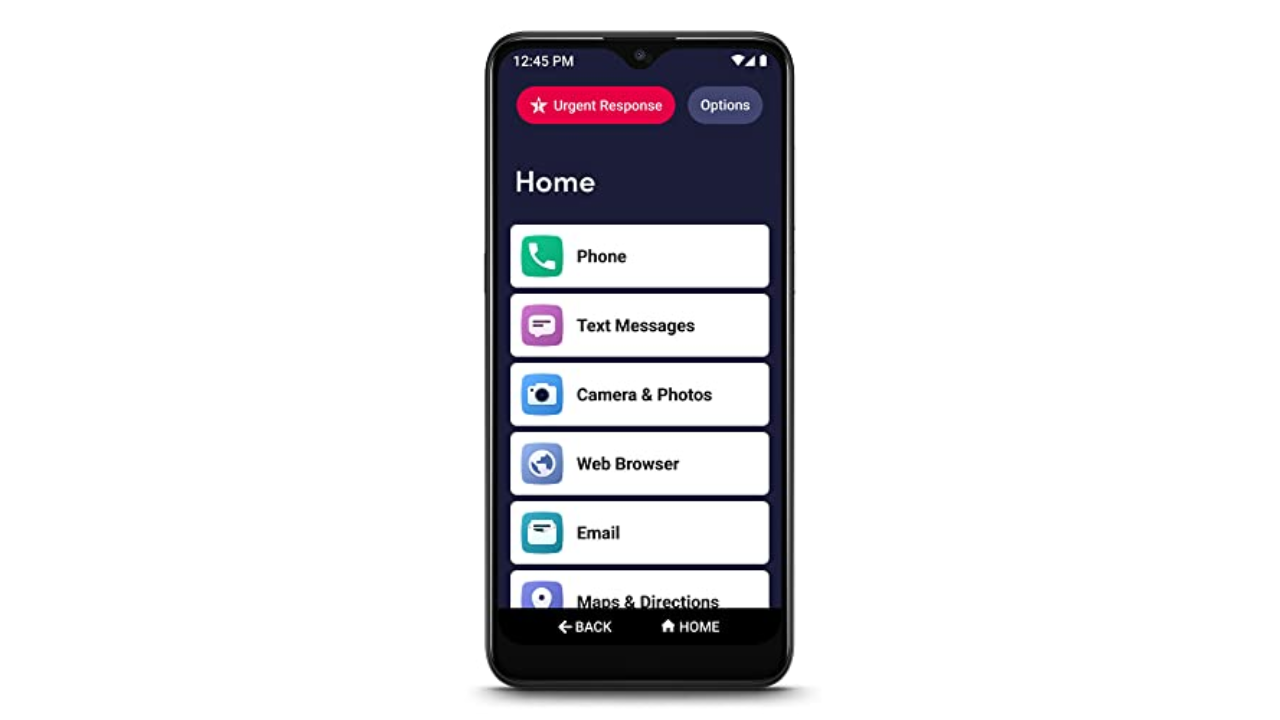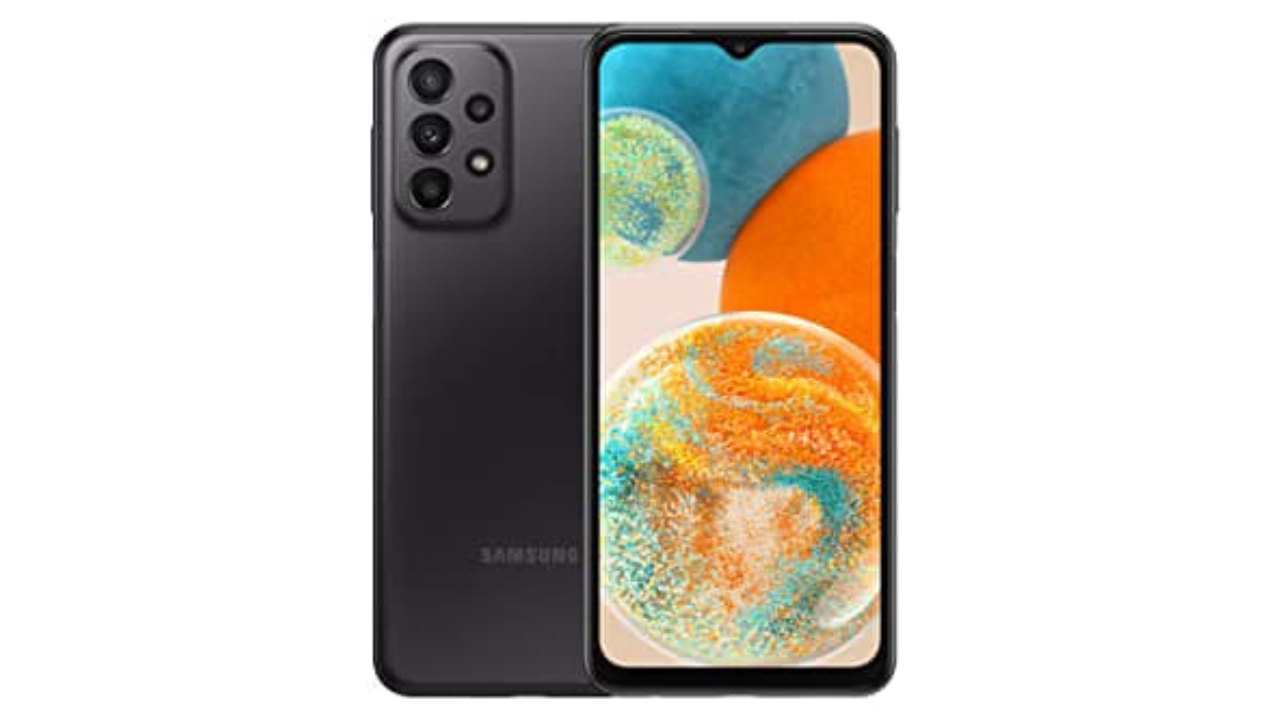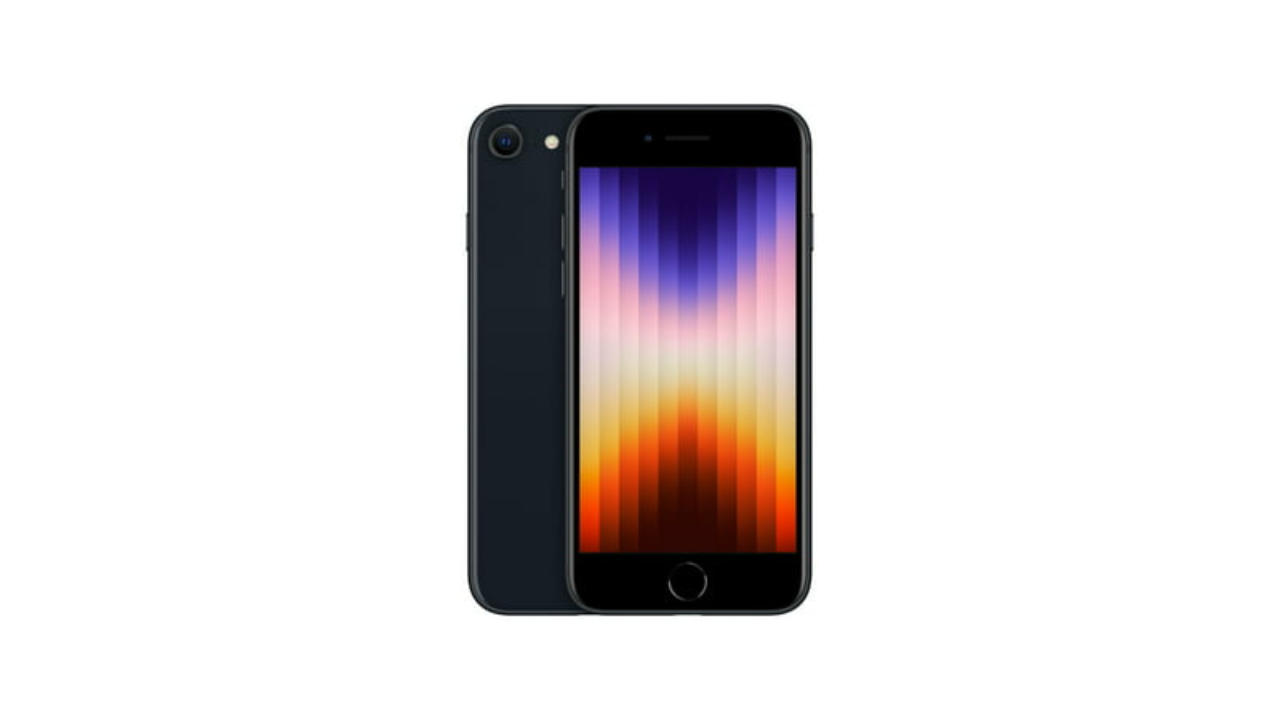The best cellphones for seniors in 2024
Top picks for seniors who prize simplicity, affordability and safety features above all else.
Everyone needs a cellphone, but not everyone has the same cellphone needs. Many seniors, in particular, want a lifeline to loved ones and emergency services, to say nothing of apps for health and safety, social media and more. Such a phone should also be ultra-easy to use, with a large, bright screen, a straightforward user experience (meaning a simple interface) and ideally some accessibility features for users with physical challenges (such as eyesight or motor-skill impairments). With those specs in mind, I've identified five models that I consider the best phones for seniors in 2024. (And if you're not seeking a senior-specific solution, here's our roundup of the best cellphones, period.)
Lively Jitterbug Smart3
Best overall phone for seniors
SAMSUNG Galaxy A23 5G A Series Cell Phone, Factory Unlocked Android Smartphone, 64GB, Wide Lens Camera, 6.6” Infinite Display Screen, Long Battery Life, US Version, 2022, Black
Best affordable Android phone
Verizon iPhone SE 3rd Generation 64GB Midnight
Best affordable iPhone
Apple iPhone 15 Pro Max (Verizon)
Best big-screen iPhone
GrandPad Senior Tablet with Phone Capabilities, 4G LTE, Wireless Charger, Stylus, - 1 Month Premium Service Plan Included, Purchase a Plan at Activation
Best smartphone that's also a tablet
Best cellphone for seniors overall
Android phones and iPhones can be made senior-friendly, but the Smart3 arrives that way: It's a phone made specifically with seniors in mind. In place of a sea of cryptic icons, it offers a handful of core features (e.g., phone, text messages and email) represented by large, clearly labeled buttons on a simple menu accessed through a touchscreen. And at the very top: an Urgent Response button for quick access to live human caregivers who can assist with everything from rides to minor health issues to real emergencies. (It can also be set to notify friends and family if that emergency button gets tapped.) The senior cellphone itself is quite affordable, and service plans start at just $20 per month. While this is far from the most capable smartphone out there, it is without question the best phone for seniors and the smartest choice.
Other top cellphones for seniors we recommend in 2024
It may be Samsung's entry-level Galaxy phone, but the A23 5G offers plenty of power and includes an Easy Mode, which helps simplify an interface some might find intimidating. Stocked with four camera lenses, the A23 is also great for photography. In fact, if you think you'll be shooting lots of photos and videos, you'll appreciate the expandable storage (up to 1TB via microSD cards), a feature not found on any iPhone. The 6.6-inch screen is also downright huge, great for seniors who have vision issues. And because this phone is unlocked for use with all phone carriers, it's easy to take it somewhere offering dirt-cheap monthly service.
An affordable iPhone? Sounds unlikely, but you can pay just $2.75 per month (for 36 months at 0% interest) to get Apple's baseline model, which packs plenty of power, a bright display and excellent cameras. It also has a physical Home button, something tech-challenged seniors might appreciate. Take note, however, that the screen size is on the smaller side, at 4.7 inches. Some actually prefer that because the phone fits more easily in a pocket, but it can be harder on the eyes. In any case, you'll need a Verizon network service plan as well (starting at $30 per month), though Walmart also offers the iPhone SE through another provider: AT&T.
This is Apple's flagship iPhone, and it's here for one main reason: the super-spacious 6.7-inch screen. That's a full 2 inches larger than the iPhone SE's screen, and trust me when I say bigger is better. Icons are easier to identify, text is easier to read and YouTube videos are just, well, bigger. The 15 Pro Max is a high-end phone that takes dazzling telephoto and close-up photos as well, great for birders and grandchildren watchers. You can finance this phone for around $35 per month (for 36 months) with no interest, though remember that you'll need a service plan as well. (This link will lead you to Verizon, but Walmart offers the same model, with the same pricing, on AT&T.)
It may seem odd to include a tablet in this roundup, but the GrandPad is part phone: It includes 4G LTE service with its monthly subscription plan ($65). That means it can be used for email, phone calls and Zoom video calls. It also means it's not limited to home use; it works out and about as well, just like a phone (though not one you'd want to hold up to your head). In addition, there's baked-in live customer support that's available 24/7, which helps justify the somewhat pricey service plan. Read my complete GrandPad review, and here's our list of the best tablets.
Factors to consider when choosing a phone for seniors
Price: As with any basic phone you buy, there's the cost of the phone itself and the cost of service. Thankfully, while the hardware can range from a few hundred dollars to nearly $1,000 (or more!), you can often take advantage of zero-interest financing to make it more affordable. The iPhone SE, for example, can be paid off over three years for as little as $2.75 per month. The Samsung A23 runs about $8.33 per month when financed through Samsung.
Cellphone plan: As for service, consider whether you really need an unlimited data plan. If you spend much of your time at home, connected to Wi-Fi, then you probably don't. By choosing an unlocked phone, you can get service from whichever carrier offers the best plan to meet your connectivity needs and budget. Consumer Cellular, for example, is widely regarded as the "senior-friendly" carrier, with excellent customer service and plans starting at $20 per month. Mint Mobile is another popular option, with plans as low as $15 (amortized) with a prepaid option for a year at a time. For more information, be sure to check out our deep dive into the best cellphone plans for seniors.
Phone cases: Whatever phone and carrier you end up with, I strongly recommend buying a high-quality case as well. Although everyday phone durability has improved over the years, with screens that promise to withstand minor bumps and scratches, gravity is not your friend — and a cracked screen is no fun.
Phone accessories: Speaking of accessories, consider keeping a mobile charger close at hand. Depending on how you use it, your phone's long battery life might last a couple of days on a charge or it might expire by dinnertime. If you're near an outlet you can always plug it in, but a power bank like this one from Anker can help when you're out and about.
FAQs
Is iPhone or Android better for seniors?
In our list above, you'll find two iPhones, one specialized phone, one Android phone and one tablet. Although the Android-versus-iPhone debate has been raging for years, the truth is that neither operating system is especially senior-friendly. One exception: Samsung's Galaxy A23 offers something called Easy Mode. When activated, the functionality makes the user interface (text, icons, onscreen keyboard, etc.) larger and simplifies the home screen. When you swipe to the leftmost screen, for example, you'll see it's now populated with one-tap icons to call "favorited" contacts.
That's a great option, one that's available on all Samsung Galaxy phones (not just the A23). However, the Android operating system on the whole — navigation, settings, etc. — can be a little complicated. Overall, I find iPhones a bit easier to learn and use, and they offer an unrivaled selection of accessibility features and assistive technology. For example, users who suffer from low vision can enable Speak Screen, which verbalizes the contents of whatever's currently showing. Those with hearing impairments can toggle the rear LED (normally used by the camera) to flash repeatedly when a call, text or other alert comes in. A triple click of the side button can activate a camera-powered magnifier, and so on.
Newer iPhones also offer medical-alert-style safety features like crash detection and, when paired with a newer Apple Watch, fall detection. In the unfortunate event of a driving incident or a tumble, these helpers can notify family members and even contact on-call emergency services like other medical alert devices. (Worth noting: Google Pixel phones offer crash detection as well, and fall detection is coming to Google's Pixel Watch.)
How often should you replace your phone?
There's no exact science to this one, but over time you will notice that performance may degrade and the battery won't quite hold a charge as long as it used to. According to the FTC, most people keep their phone for two to three years, but it's definitely possible that phones can last longer than this based on your personal usage habits.
For many people, their cellphone is the main way they keep in touch with friends and family, and in case of an emergency it's how they can get help. It's worth keeping an eye on how it performs over time, and when you start to see signs of it not working the same, you get a replacement.
Does Medicare pay for cellphones?
Medicare does pay for cellphones, but not for everyone. To qualify for a free phone, you must also be enrolled in a qualified government assistance program or be under the income limits. These conditions do vary, so it's recommended to contact Medicare to discuss your exact situation and see if you qualify for the free phone.












